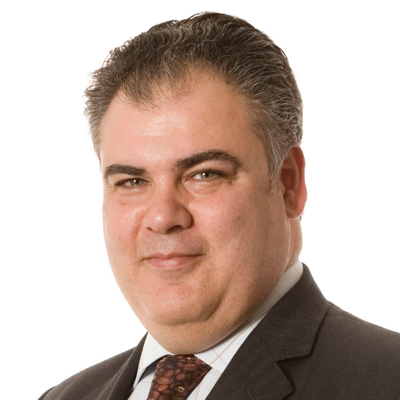Captives
Gulf Cooperation Council Region Recognizing Benefits of Captives
Reinsurance market conditions and regulatory changes in the region are creating a better environment for captives.
Captive insurers are attracting greater interest in the Gulf Cooperation Council region, as regulation develops and counter-party risk concerns increase.
Recent market and regulatory changes show captives are becoming increasingly appealing to regional companies, said participants of an AM Best webinar Captives in the GCC and Their Rating. The GCC is comprised of Bahrain, Kuwait, Oman, Qatar, Saudi Arabia and the United Arab Emirates.
Captives are seen as an efficient way of managing risk worldwide, said Vasilis Katsipis, general manager, market development, AM Best. Due to tax and regulatory reasons, the use of captives was not as common a practice in the GCC as elsewhere, he said.
However, Katsipis said, reinsurance market conditions and regulatory changes are creating a better environment for captives, sparking increased interest from several operators in the market.
More captives worldwide are seeking ratings, in part because of concern over counter-party risk, said Katsipis. Non-rated captives represent higher credit risk, which results in capital charges in several regulatory regimes, he added.
In the GCC region, most countries do not have a tax on industry, unlike in many European and American economies. However, taxation is not the major reason for setting up a captive, said Ronny Vellekoop, senior executive officer, Marsh Captive Solutions.
Until 2017, there were only seven or eight captives in the GCC, he said. Beginning in 2018 the captive market expanded, in part, due to hardening market conditions and withdrawing of capacity overall, and captives are generally a response to the market, he said.
“We are seeing an increase in interest for setting up captives,” said Vellekoop.
He said the GCC captives Marsh is managing are mainly traditional captives focused on property and liability lines.
Vellekoop said Marsh manages captives in 53 domiciles worldwide. He said the global broker oversees more than 1,400 of the 6,135 captives worldwide, giving it a market share of 20.5%. Total captive premiums managed by Marsh total about $57 billion, he said.
Captives can take on more risk at times when insurance and reinsurance prices are higher, and can take on risks in areas where traditional commercial carriers have less appetite, such as cyber, medical and certain financial lines, said Vellekoop.
A captive manager acts somewhat like an asset or fund manager, allowing the parent to operate its own in-house insurer without incurring high staff and structural costs, Vellekoop said.

More captives worldwide are seeking ratings, in part because of concern over counter-party risk.
Vasilis Katsipis
AM Best
Country Risk
Country risk is one of the factors considered by AM Best in its analysis of insurance and reinsurance companies, said Ghislain Le Cam, director, analytics, AM Best. Country risk is important to AM Best although the rating agency doesn't issue sovereign ratings, he said.
AM Best assesses country risk by five tiers, from Tier 1 for countries with an environment that poses the least amount of risk, to Tier 5 for those that pose the most risk. Le Cam said GCC countries are rated either Tier 3 or 4, having moderate- to-high country risk.
AM Best's assessment of country risk encompasses a review of the regulatory environment, he said. Strong and transparent regulation aimed at protecting policyholders would be viewed favorably by AM Best in its assessment of an insurer's creditworthiness.
Changing Regulations
The Dubai International Financial Center recently updated its captive regulations to bring regulation more in line with international captive standards, a sign that Dubai is noticing the growing interest in captives in the region, said Vellekoop.
A key element in evaluating captives is their relationship with the parent company and their importance to the group, which among other things will influence their access to high-quality business, said Le Cam.
In June, AM Best revised its market segment outlook on the insurance markets of the Gulf Cooperation Council to Negative from Stable.
Key factors that led to the change in outlook include the economic downturn across the region stemming from lower oil prices and COVID-19 containment measures; the expectation of lower insurance demand following a delay in the rollout of mandatory health insurance in Bahrain and Oman; the postponement of Expo 2020 in Dubai; and the potential delay of government infrastructure projects.
The Best's Market Segment Report, Market Segment Outlook: Gulf Cooperation Council, also cites the adverse impact on capital buffers stemming from financial market volatility and potential decline in real estate valuations, as well as the expectation of increased delays in cash collection related to premium receivables from policyholders, as drivers for the outlook revision.



























